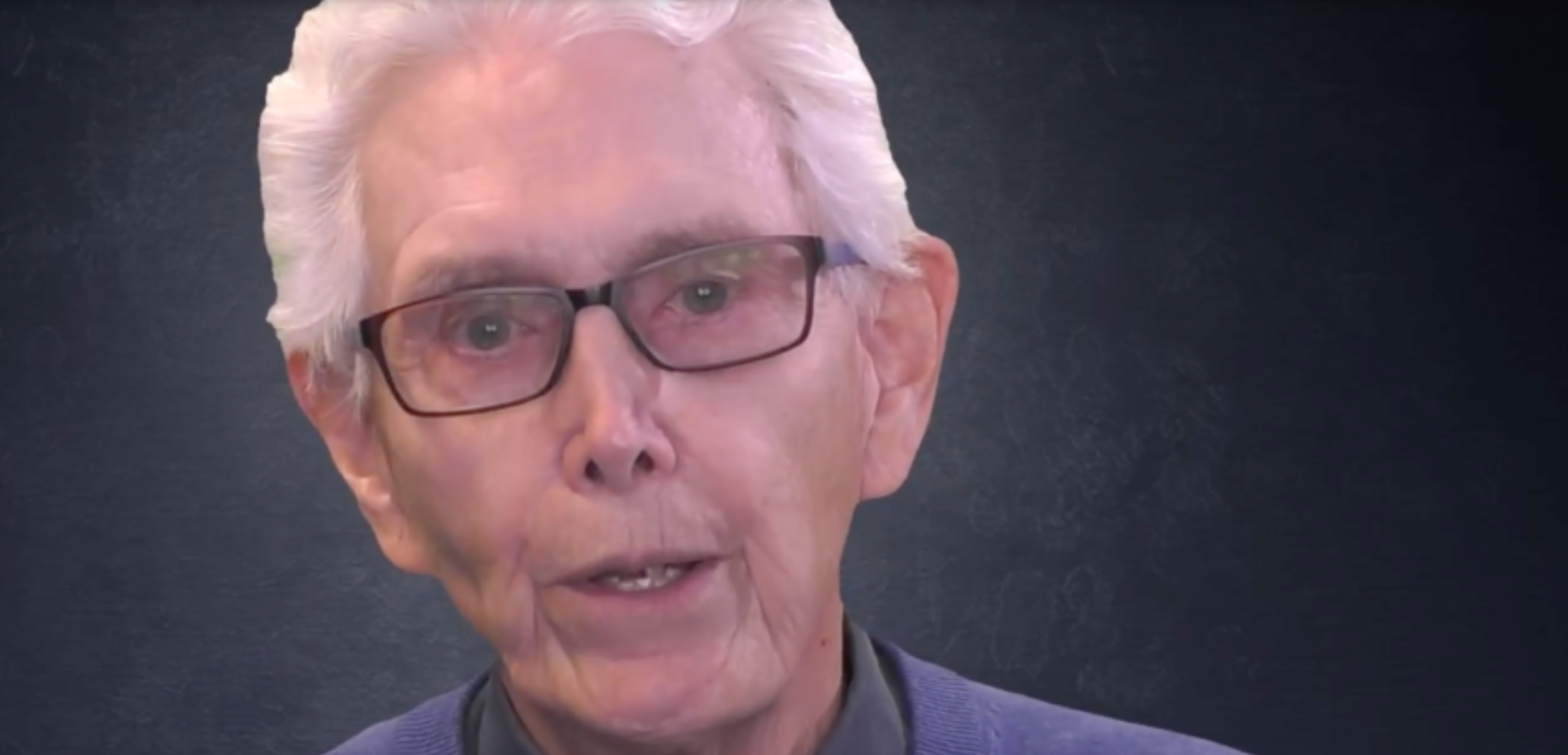
The Federalist
The Federalist's Self-Proclaimed Bias
In September 2013, co-founder Ben Domenech, a conservative writer and TV commentator, wrote that The Federalist was inspired by the worldview of the original TIME magazine, which he described as "[leaning] to the political right, with a small-c conservatism equipped with a populist respect for the middle class reader outside of New York and Washington, and an abiding love for America at a time when snark and cynicism were not considered substitutes for smart analysis."
Domenech wrote that The Federalist would be informed by TIME's 1920s “list of prejudices” for the magazine, which included principles such as:
- A belief that the world is round and an admiration of the statesman’s view of all the world.
- A general distrust of the present tendency toward increasing interference by government.
- A prejudice against the rising cost of government.
- Faith in the things which money cannot buy.
- A respect for the old, particularly in manners.
- An interest in the new, particularly in ideas.
The Supreme Court will hear a pivotal case in October on sex, gender identity, and discrimination: R.G. and G.R. Harris Funeral Homes Inc. v. Equal Employment Opportunity Commission. As both sides build their cases, numerous influential organizations and individuals have filed amicus (friend of the court) briefs to aid the members of the Supreme Court in their understanding on this topic.
One brief in particular stands out. It’s so powerful, it should not only persuade the Supreme Court but influence people on both sides of the transgender debate, particularly the mainstream media.
The brief examines the personal testimonies of the following people, all of whom identified as transgender at one point, then reverted to affirming their sex: Walt Heyer, Jamie Shupe, Linda Seiler, Hacsi Horvath, Clifton Francis Burleigh Jr., Laura Perry, Jeffrey Johnston, Jeffrey McCall, and Kathy Grace Duncan. While regular Federalist readers may be familiar with regular contributor Heyer, the other names may be unfamiliar. Yet their stories are just as powerful.











